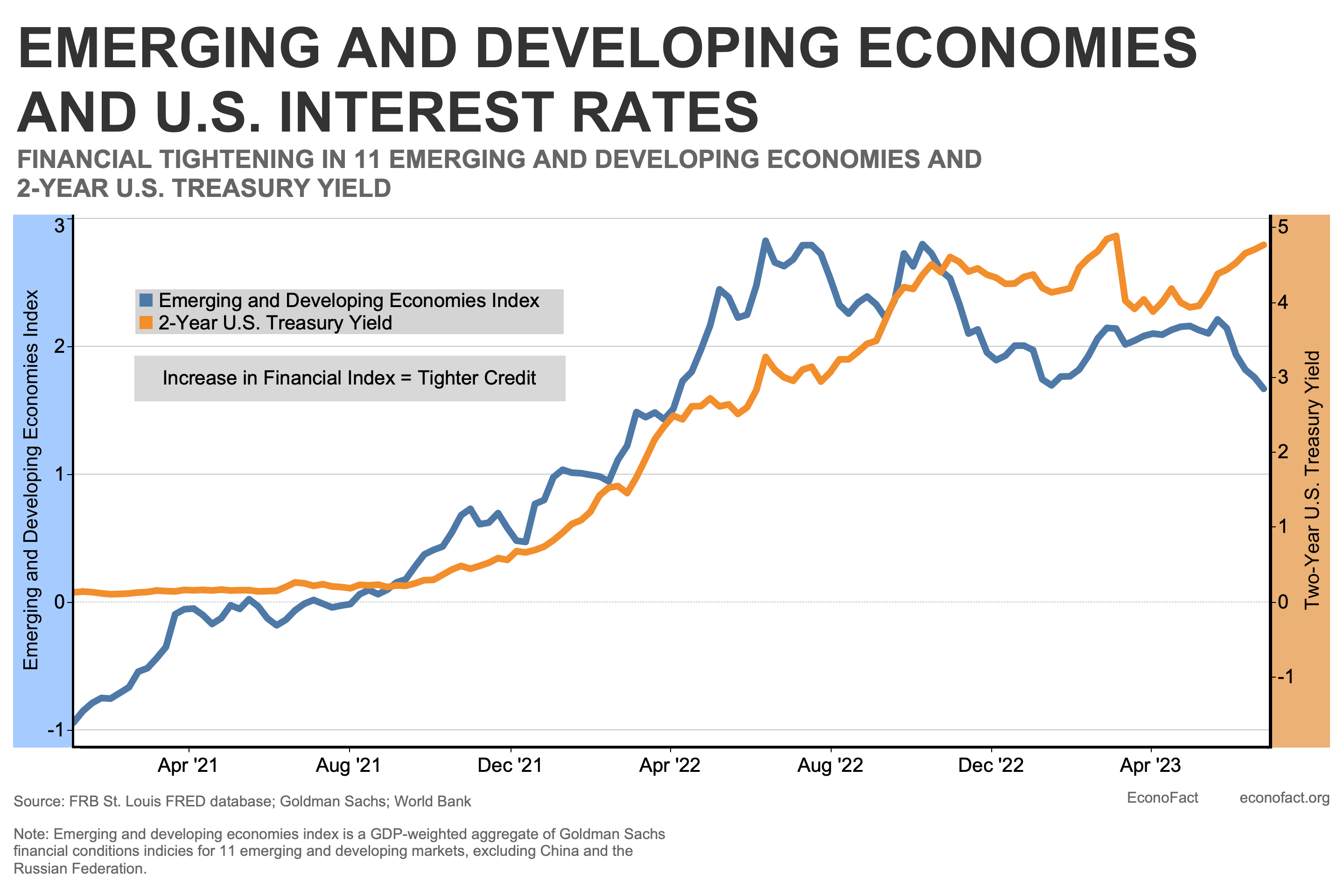Why Middle Managers Are Crucial For Company And Employee Success

Table of Contents
Middle Managers as the Bridge Between Leadership and Employees
Middle managers serve as the critical link connecting high-level strategic direction with the day-to-day realities of operational execution. Their ability to effectively navigate this bridge is essential for organizational success.
Effective Communication and Information Dissemination
Middle managers are the primary conduit for communication, translating complex strategic goals from upper management into clear, actionable tasks for their teams. This two-way communication flow is vital for organizational alignment and effectiveness.
- Clearly communicate company vision and strategy: They break down complex corporate objectives into easily understandable terms, ensuring everyone understands their role in the bigger picture. This clarity fosters commitment and buy-in.
- Translate complex directives into understandable tasks: They simplify intricate instructions, ensuring team members have the clarity and resources to perform their duties effectively. This prevents misunderstandings and inefficiencies.
- Gather and relay feedback from employees to leadership: They act as a sounding board, collecting valuable insights from frontline employees and conveying these concerns and suggestions to upper management. This ensures a bottom-up flow of information.
- Ensure consistent messaging across departments: They help maintain a unified message, preventing conflicting information and promoting cohesion across different teams and departments. This fosters organizational harmony.
Mentorship and Employee Development
Beyond communication, effective middle managers are crucial for nurturing and developing their teams. They invest in their employees' growth, fostering a culture of continuous improvement and increased productivity.
- Provide regular feedback and coaching: They offer constructive criticism and guidance, helping team members improve their skills and performance. Regular feedback keeps employees engaged and focused.
- Identify training needs and facilitate development opportunities: They proactively identify skills gaps and arrange appropriate training programs, supporting employees in their career progression. Investing in training boosts employee morale and skills.
- Promote employee engagement and motivation: They create a supportive work environment that encourages teamwork and motivation, leading to greater productivity and job satisfaction. Engaged employees are more productive and less likely to leave.
- Support career progression and advancement: They act as mentors, guiding employees towards career advancement opportunities within the company. Supporting career growth boosts retention and creates loyalty.
Driving Operational Efficiency and Productivity
Middle managers are directly responsible for the day-to-day operational efficiency of their teams. Their ability to effectively manage resources and resolve conflicts significantly impacts overall productivity.
Resource Allocation and Task Management
Effective resource management is crucial for achieving project goals on time and within budget. Middle managers play a key role in this process.
- Effectively manage team workloads and deadlines: They ensure tasks are assigned appropriately, considering individual skill sets and available time. Effective workload management prevents burnout and delays.
- Allocate resources strategically to maximize productivity: They optimize the use of available resources (personnel, equipment, budget) to ensure efficient task completion. Strategic resource allocation maximizes output.
- Identify and resolve operational bottlenecks: They proactively identify and resolve issues hindering workflow, ensuring smooth and uninterrupted operations. Identifying and solving bottlenecks boosts efficiency.
- Monitor team performance and identify areas for improvement: They track team progress and identify areas needing improvement, implementing strategies to enhance performance. Regular monitoring allows for proactive adjustments.
Problem-Solving and Conflict Resolution
Middle managers frequently act as first responders to workplace conflicts and operational challenges, preventing escalation and maintaining a productive work environment.
- Mediate disputes and resolve conflicts fairly: They intervene in disagreements, mediating conflicts and finding solutions acceptable to all parties involved. Fair conflict resolution prevents disruption and improves morale.
- Proactively identify and address potential problems: They anticipate and address potential problems before they escalate, preventing disruptions and maintaining operational efficiency. Proactive problem-solving prevents larger issues.
- Develop solutions to improve efficiency and productivity: They continuously seek ways to optimize processes, improve workflow, and enhance overall efficiency. Continuous improvement is vital for sustained success.
- Implement best practices to enhance workflow: They introduce and implement best practices from within and outside the company to continuously improve the efficiency of their team’s operations. Adopting best practices optimizes performance.
Boosting Employee Morale and Engagement
Middle managers play a pivotal role in cultivating a positive and supportive work environment that fosters employee engagement and boosts morale.
Creating a Positive Work Environment
A positive work environment is essential for attracting and retaining top talent. Middle managers are key to fostering this environment.
- Foster a culture of collaboration and teamwork: They promote teamwork and collaboration, encouraging employees to work together effectively towards common goals. Collaboration boosts morale and productivity.
- Recognize and reward employee contributions: They acknowledge and appreciate the hard work and achievements of their team members, motivating them to continue performing at a high level. Recognition is a strong motivator.
- Promote open communication and feedback: They create a culture where open communication and feedback are encouraged, allowing employees to voice their concerns and ideas. Open communication builds trust and improves morale.
- Address employee concerns promptly and effectively: They address employee concerns promptly and fairly, showing they value their input and well-being. Prompt response to concerns shows respect and builds trust.
Improving Employee Retention
Investing in employee development and well-being directly impacts retention rates. Middle managers play a critical role in this process.
- Promote work-life balance initiatives: They support and encourage work-life balance initiatives, helping employees maintain a healthy work-life integration. Work-life balance improves employee well-being and retention.
- Provide opportunities for professional growth: They create opportunities for employee growth and development, fostering a culture of continuous learning and advancement. Professional growth enhances employee loyalty and satisfaction.
- Recognize and value employee contributions: They consistently acknowledge and appreciate employee contributions, fostering a sense of value and appreciation. Feeling valued leads to increased retention.
- Create a sense of belonging and team cohesion: They foster a sense of community and belonging within the team, creating a supportive and inclusive work environment. Belonging boosts morale and reduces turnover.
Conclusion
In conclusion, effective middle managers are indispensable to both company success and employee well-being. Their roles encompass communication, mentorship, operational efficiency, and morale building—all critical components of a thriving organization. Investing in the development and support of your middle management team is an investment in the overall health and future success of your company. Recognize the crucial role of your middle managers and empower them to drive both company and employee success. Don't underestimate the impact of strong middle management; it's a key ingredient for a successful and thriving business. Learn more about optimizing your middle management strategies today!

Featured Posts
-
 Beyond Bmw And Porsche A Broader Look At Foreign Automakers China Problems
Apr 26, 2025
Beyond Bmw And Porsche A Broader Look At Foreign Automakers China Problems
Apr 26, 2025 -
 Trumps Nato Stance Ukraines Membership Prospects
Apr 26, 2025
Trumps Nato Stance Ukraines Membership Prospects
Apr 26, 2025 -
 Exclusive Pentagon Chaos Shakes Pete Hegseth Amidst Polygraph Threats And Leaks
Apr 26, 2025
Exclusive Pentagon Chaos Shakes Pete Hegseth Amidst Polygraph Threats And Leaks
Apr 26, 2025 -
 Mississippi Deltas Immense Scale A Cinematographers Perspective From Sinners
Apr 26, 2025
Mississippi Deltas Immense Scale A Cinematographers Perspective From Sinners
Apr 26, 2025 -
 Analysis Point72s Emerging Markets Fund Closure And Trader Departures
Apr 26, 2025
Analysis Point72s Emerging Markets Fund Closure And Trader Departures
Apr 26, 2025
